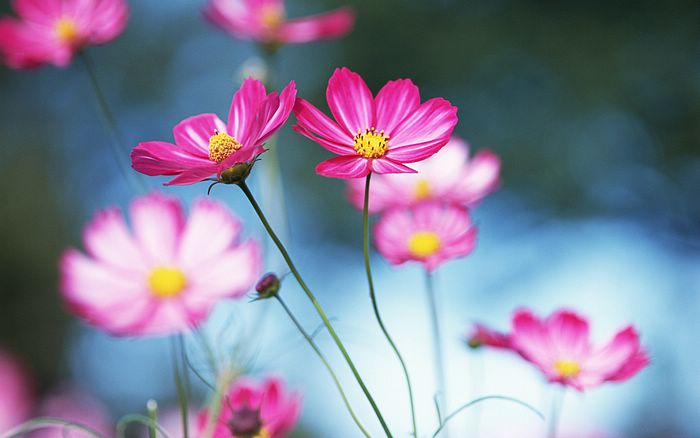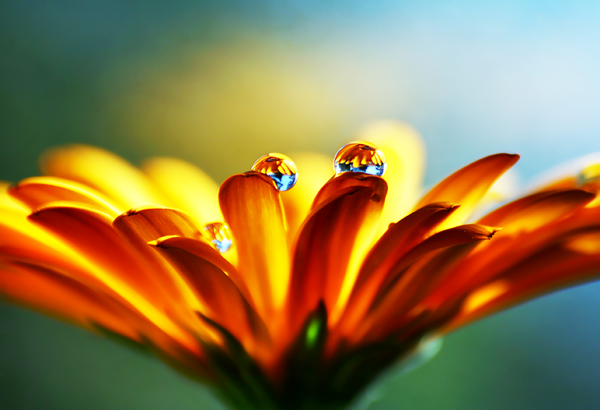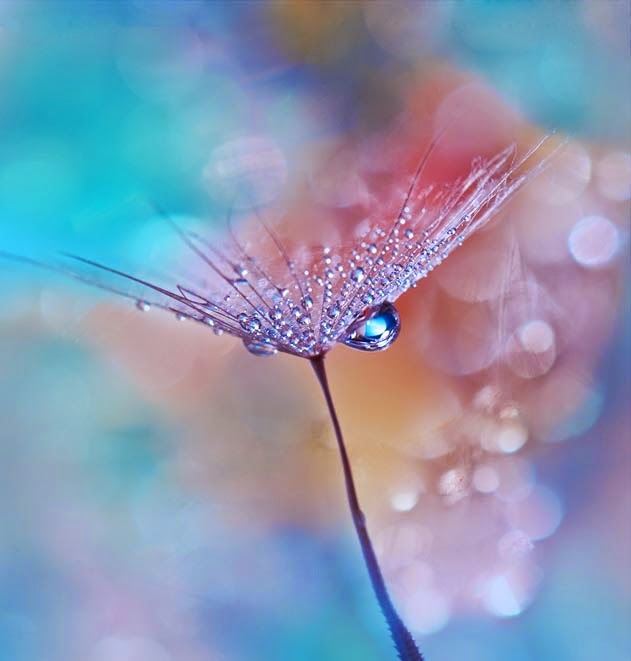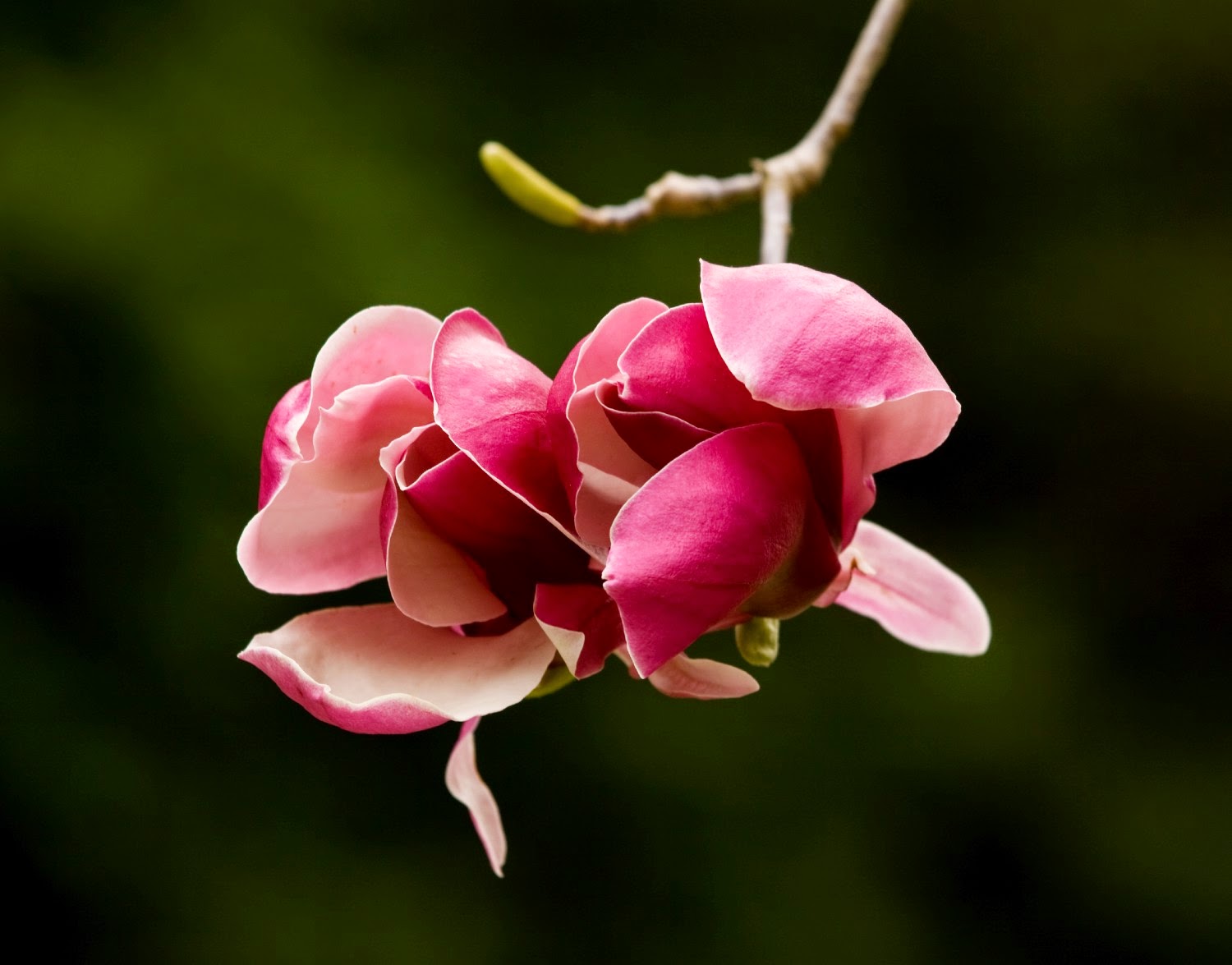Nothing can be more rewarding and relaxing than to photograph flowers. Almost any season lends itself for this purpose. If you live in colder zones, then you can still photograph specimens which are potted and kept indoors. In the south this is usually not the problem. Although dealing with the heat and humidity is.
One time tested approach to flower photography is to approach the subject from a documentary standpoint. It involves taking shots of all the parts of the specimen; the stalk, petals, stamen, leaves. It also encompasses shots that are wide angle, zoomed in and macro.
Most flower petals are translucent so their photography has to be approached more carefully. Care should be given to shots in which the light source is so strong that you end up losing much of the petal's details. Pay attention to red flowers since film reacts more to this color than to any other and the photo can result in the red petals rendered as seemingly "washed out". The use of a diffuser is strongly recommended as is shooting under an overcast sky. The light is softer and the shadows less harsh. Reflectors are also useful as they can add light to shaded areas especially if you are shooting in heavy brush or woods.
Another technique is to photograph flowers after a light rain or to mist them with water prior to the photo. Water drops can add interesting and intriguing details to the shot. If doing macro, try to focus on individual drops of water and you may be able to even capture reflections from it. Do however, include a bit of the foliage.












No comments:
Post a Comment